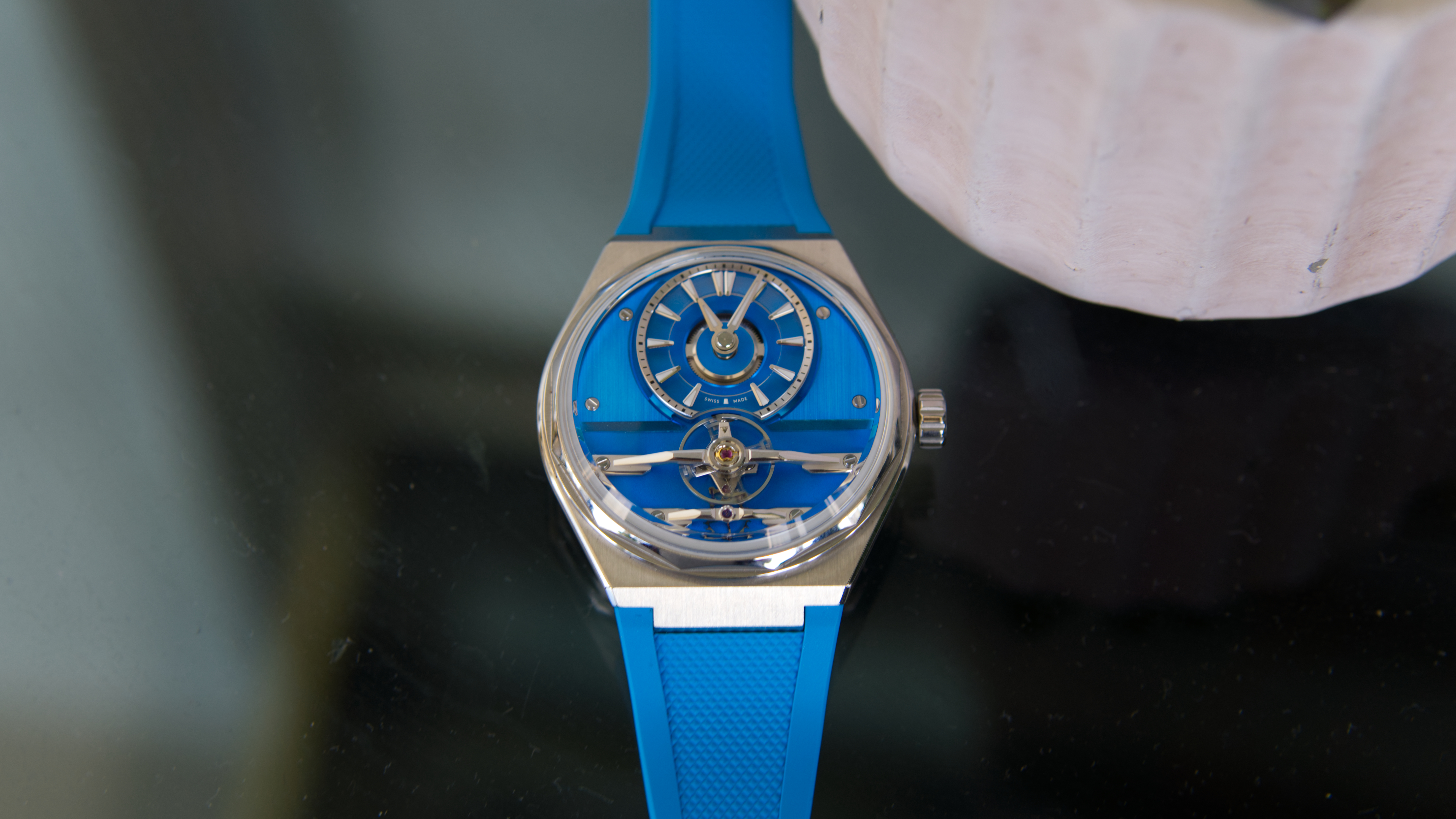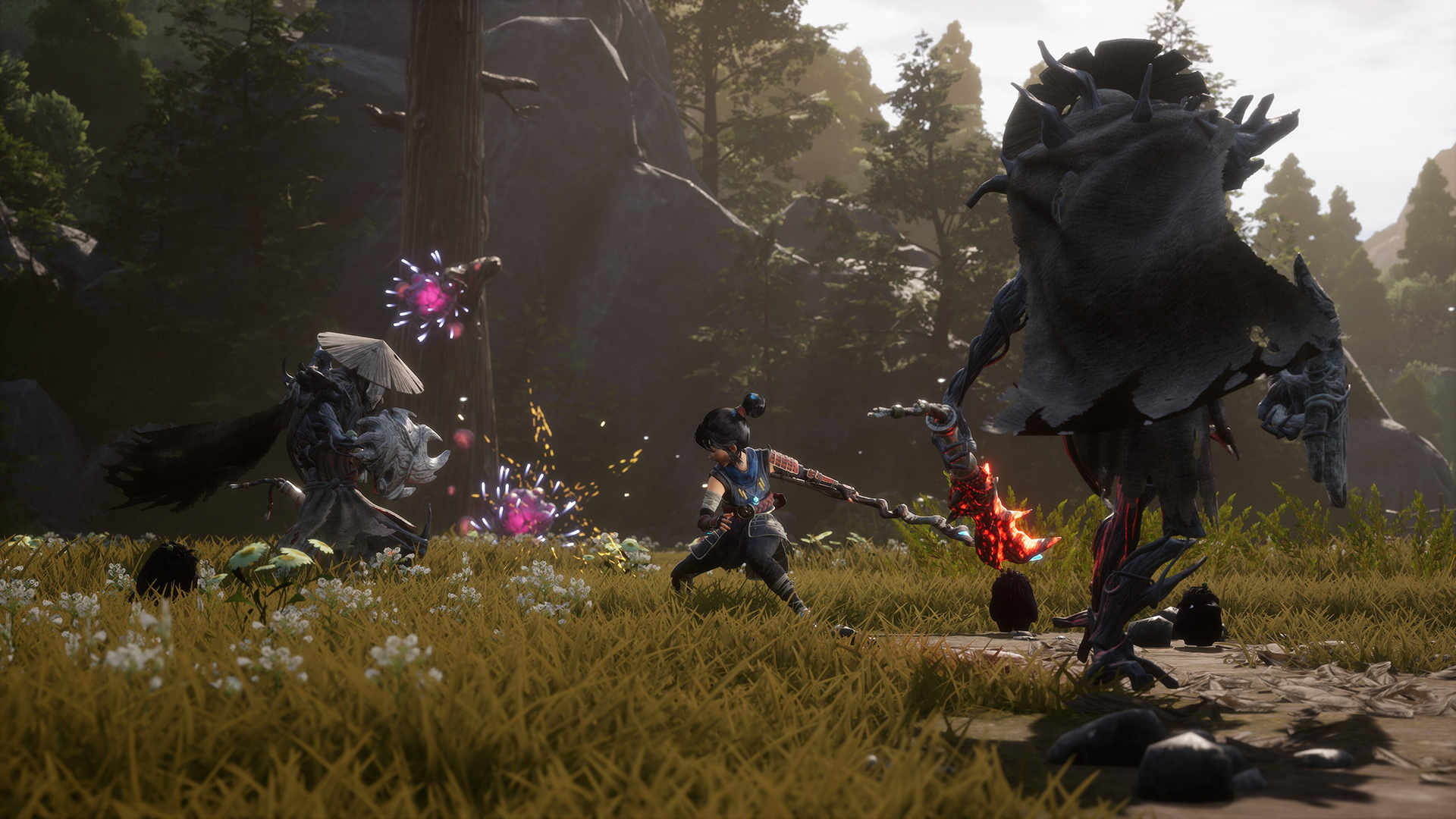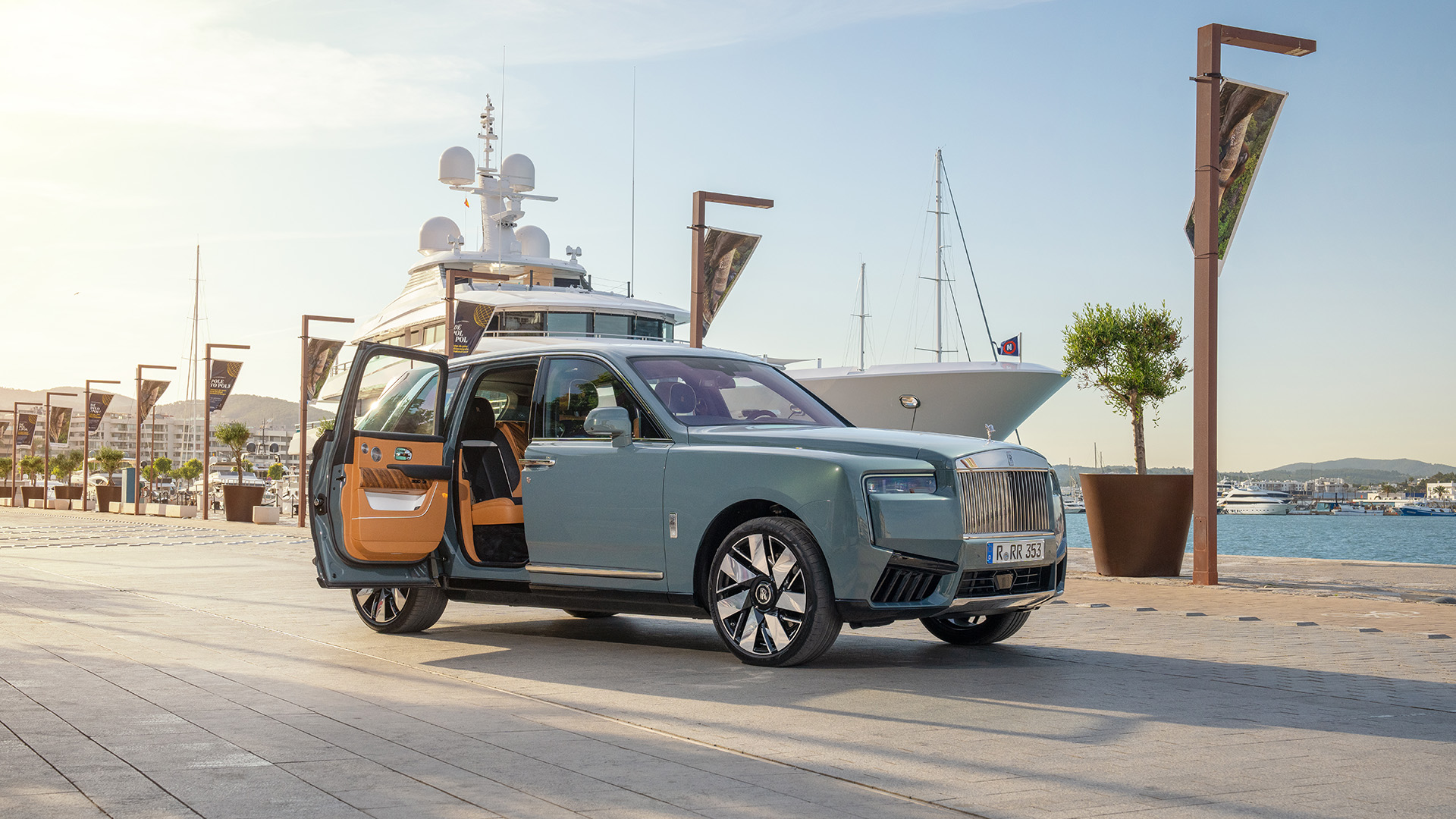
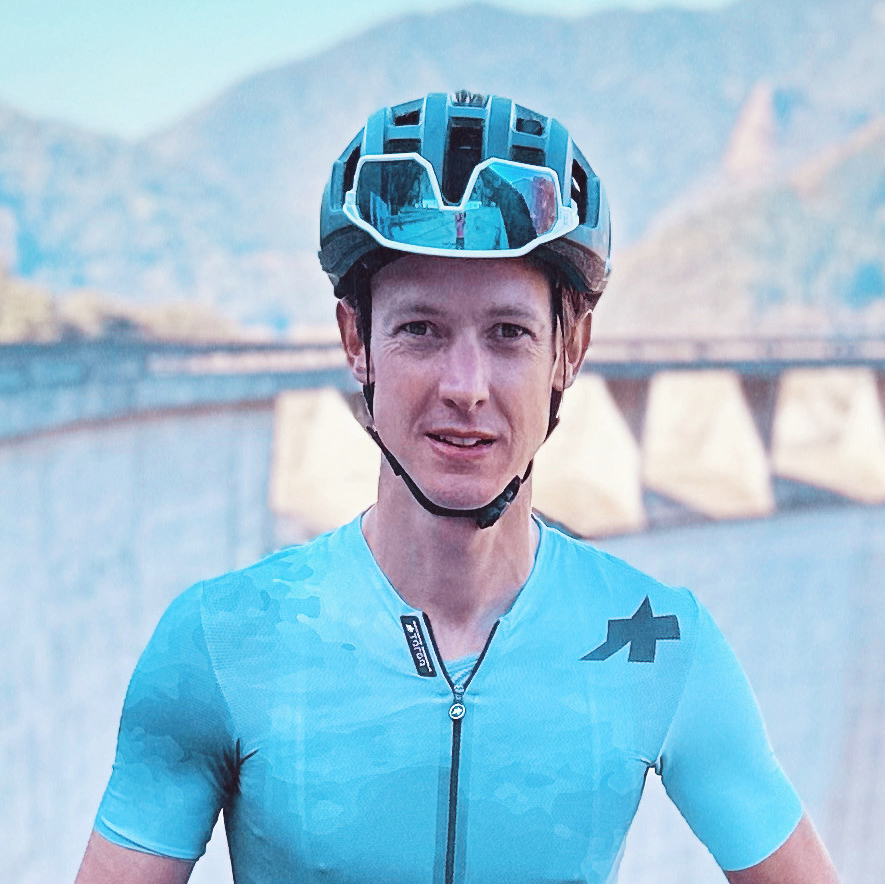
Since Rolls-Royce launched Cullinan in 2018, customers have been drawn to the striking luxury SUV. Despite a hefty price tag, it quickly became their most popular model and to this day makes up around half of the British marque’s sales.
Updates to the new Series II model are largely cosmetic – mechanically it uses the same drivetrain and chassis as the predecessor. Most notable updates are to the front fascia, with sleek distinctive daytime running headlights, then there’s upsized 23” wheels, and the interior sees yet further levels of customizable craftsmanship along with a welcome infotainment hardware upgrade.
In the winding hills of Ibiza’s sleepy north coast, I had the chance to test drive Cullinan Series II. Narrow roads meant turning the sizable three-tonne car into hairpin bends was somewhat nerve-wracking, and strict speed limits on the straights meant there was little chance to put my foot down.
So reining in the impressive 6.75-litre V12, I marvelled at the cabin’s craftsmanship – starlight headliner, intricately embroidered seats (which I’m told can incorporate around 2 million stitches), Spirit of Ecstasy Clock Cabinet – and settled into a mellow driving style which was more in-keeping with the hallmark ‘magic carpet ride’. Rolls-Royce’s claim that this is the world’s pre-eminent super-luxury SUV seemed more and more credible as my journey went on.
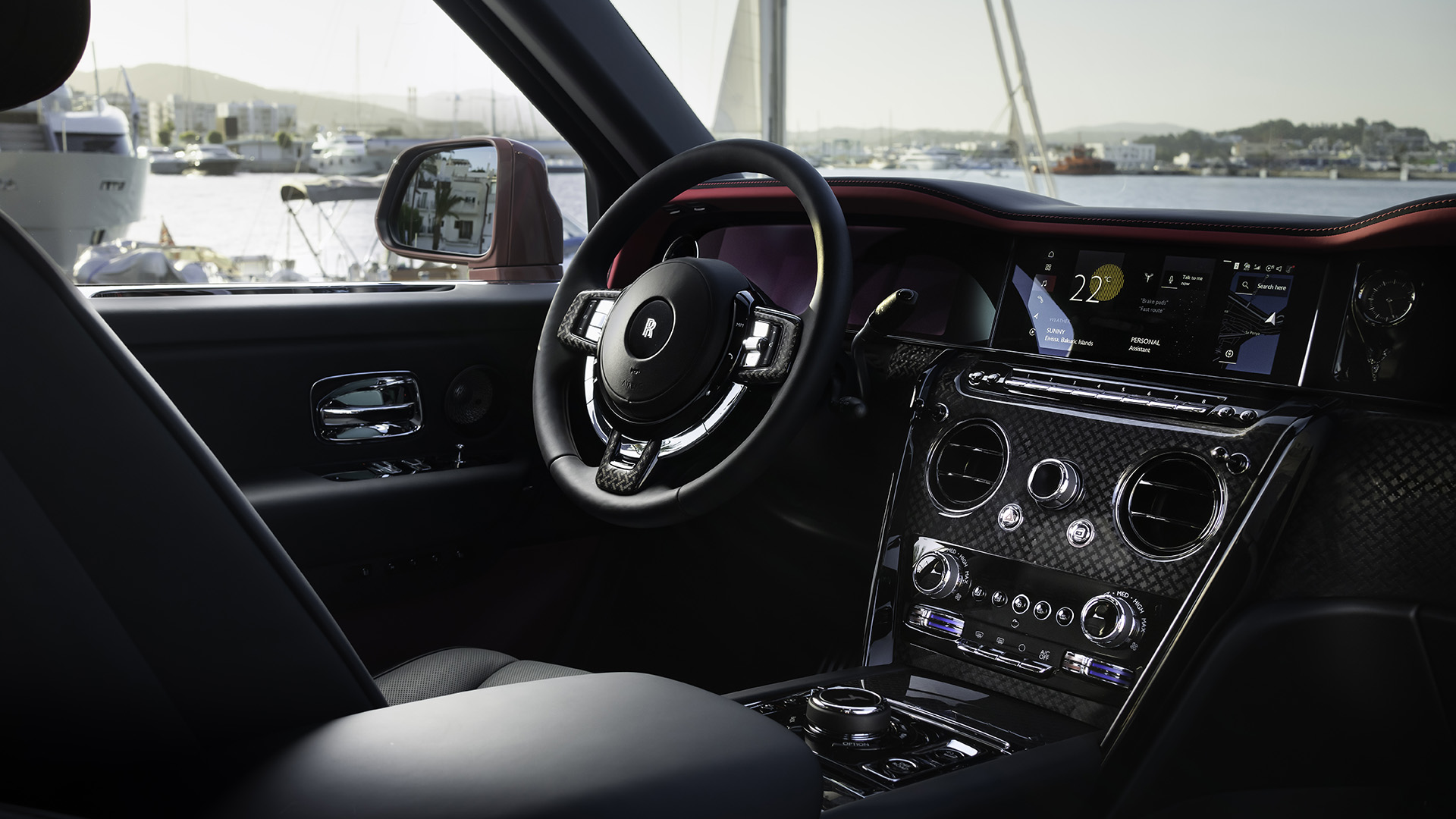
How much does it cost?
It sounds rather implausible, but there is no clear answer to this question. The reason, quite simply, is that there are no two Cullinans alike – each is built completely bespoke to the client’s specification via a hand-holding process from Rolls-Royce’s Bespoke team. However, the ballpark starting figure is in the region of £275,000, and for the Black Badge around £315,000, but once the personalisation process is underway, on average this is nearer £500,000, and it’s not uncommon for them to end up costing millions.
You’ll have to be patient too - order one today and expect to wait a minimum of one year before delivery, and the more bespoke options will typically take 18-24 months or more. With this comprehensive and lengthy process, it wouldn’t be unreasonable to draw comparisons to commissioning a yacht build.
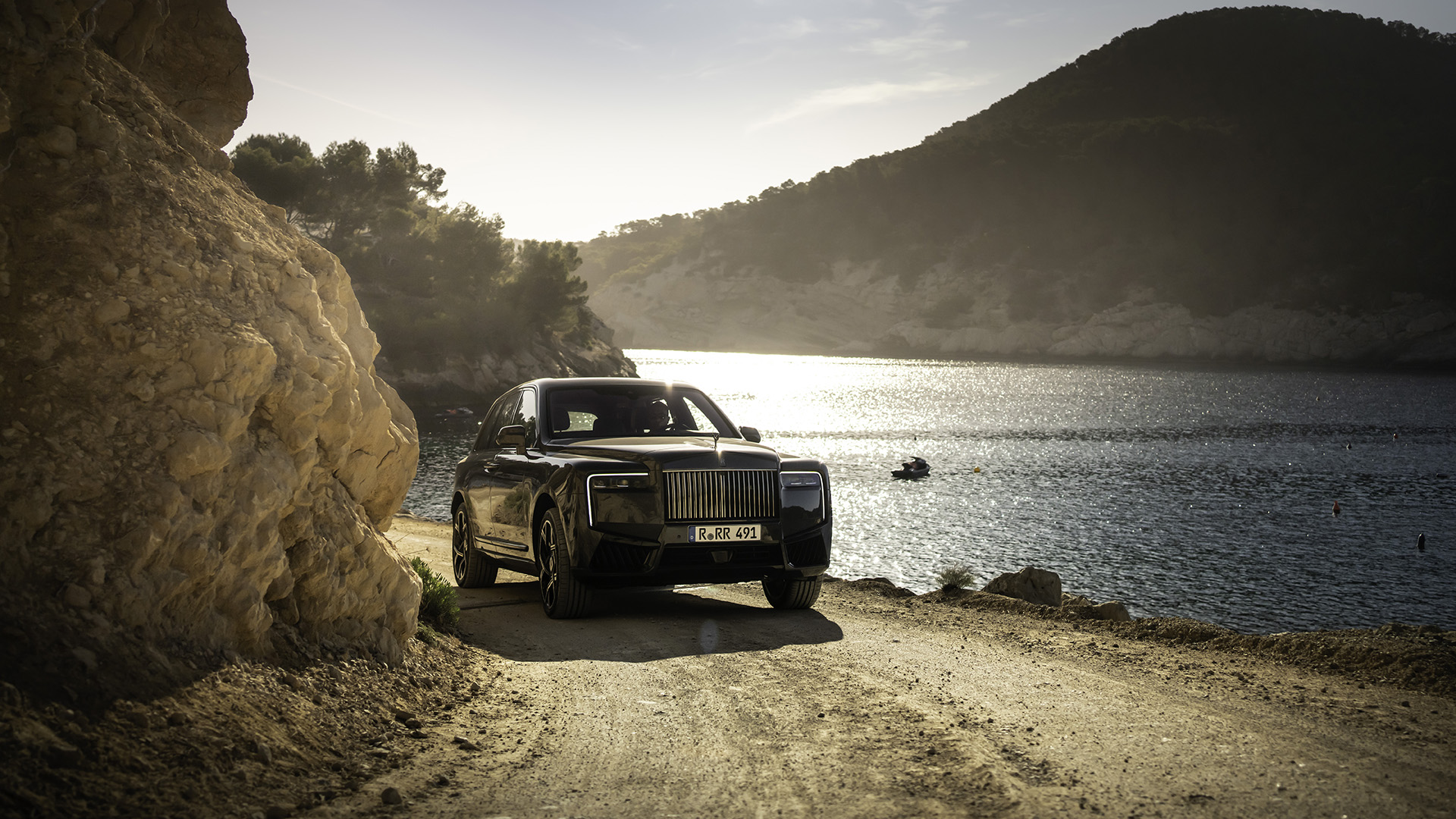
Features and design
The new Series II is an evolution rather than a revolution of its predecessor, with updates for the most part more superficial changes to bodywork and interior. The front fascia has been almost completely remodelled, and for the first time is now fitted with the illuminated Pantheon grille – an eye catcher at night – which has been further refreshed with a lower leading edge and removal of the frame. Brand new daytime running headlight picks up the horizontal line from the top of the grille before sweeping vertically down – it’s a very distinctive look and makes the Cullinan identifiable day and night.
Sign up to the T3 newsletter for smarter living straight to your inbox
Get all the latest news, reviews, deals and buying guides on gorgeous tech, home and active products from the T3 experts
Now with just a single bank of headlights, along with very striking new air intakes at the bottom, the look is much more contemporary, and there’s a welcome addition of some angularity to an otherwise quite right angular design.
On the side we see new upsized 23” alloys (previously a max of 22”) which look great and make it feel more grounded. Other than a high gloss on the cill, the remainder of the side profile is unchanged. Similarly, tweaks to the rear are more subtle, with a lighter touch rework to the bumper, exhaust surround and metal protection plate.
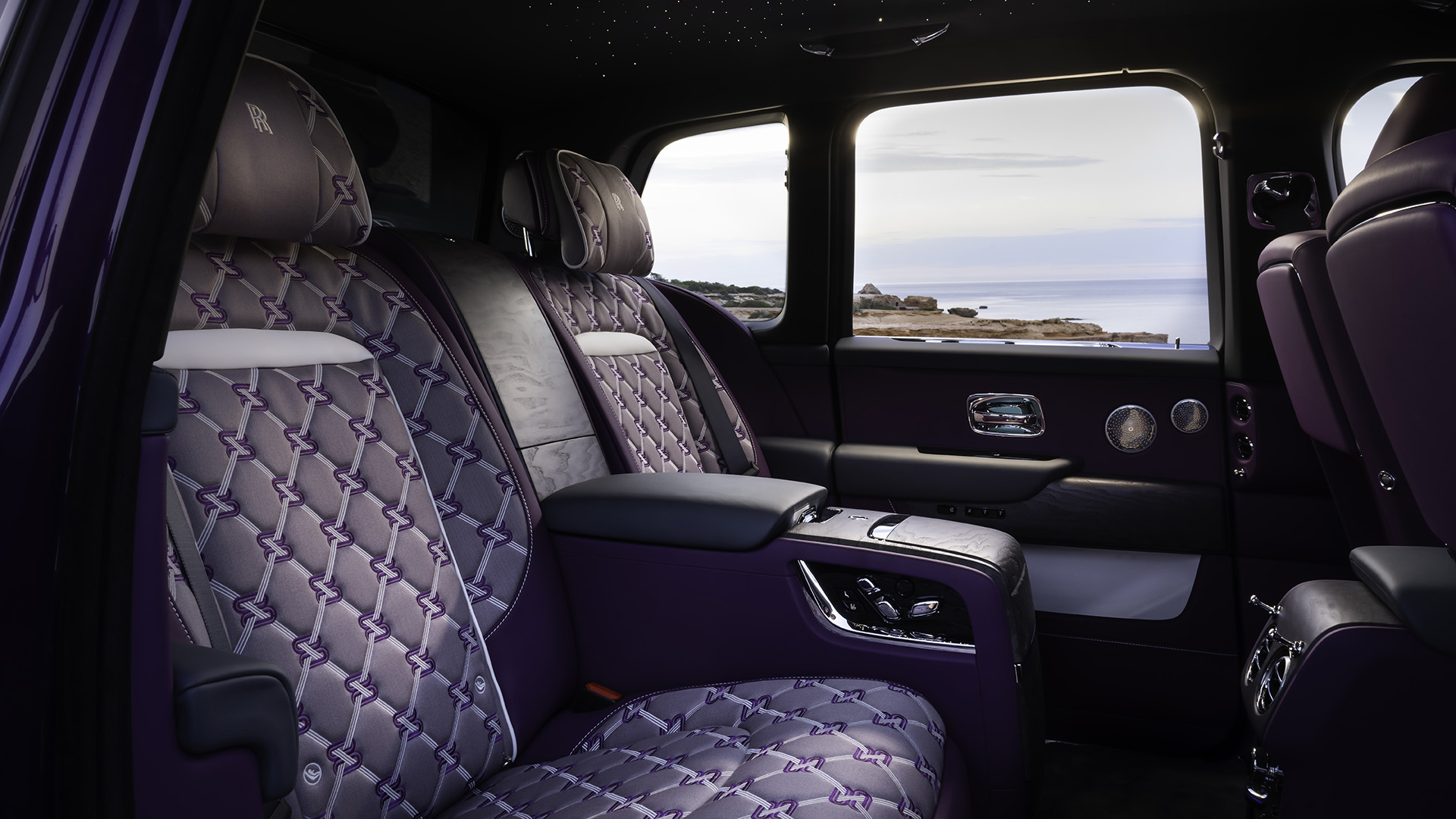
Interior
Stepping inside the Cullinan is as impressive as ever. Luxuriously appointed, the cabin is a masterpiece of craftsmanship, fitted with the finest materials including intricate leatherwork, thick pile lambswool floor mats, exquisite wood veneers, and bespoke embroidery. The spacious interior is also very comfortable, with electrically operated seats that can be customised for optimal support along with heating, cooling, and rather agreeable massage functions. Once on the move, the ride is immensely quiet thanks to advanced noise insulation
One of the biggest changes in the Series II is the new glass panel dash which stretches the full width of the car, giving a more cohesive look and feel. To the right of the centrally placed Infotainment screen is the new Spirit of Ecstasy Clock Cabinet – an analogue clock with the silvery figurine below which is illuminated at night time. It’s a nice touch, and the first time it has appeared inside the car itself. Then, to its right, the Illuminated Fascia takes the remainder of the dash and has 7,000 graphical elements laser-etched on glass, which is meant to replicate a glittering cityscape after dark. It has an understated yet impressive look.
A new Grey Stained Ash open-pore wood is a nice new trim option which is hand finished with a metallic paint giving a slightly shimmering effect. It’s very tactile and has an almost calming effect on the driver and passengers.
Another new innovation in the Series II is the option to have the seats embroidered with a new bespoke feature called “Duality Twill”. With up to 2.2 million stitches and 11 miles of thread, it’s highly intricate and looks fantastic. There’s also a new way to customise leather seats thanks to “Placed Perforation”, whereby the leather can be adorned with up to 107,000 perforations according to custom patterns.
Rear passengers are treated to a lounge-like experience with the option of individual seats separated by a centre console that houses a drinks cabinet and champagne cooler.
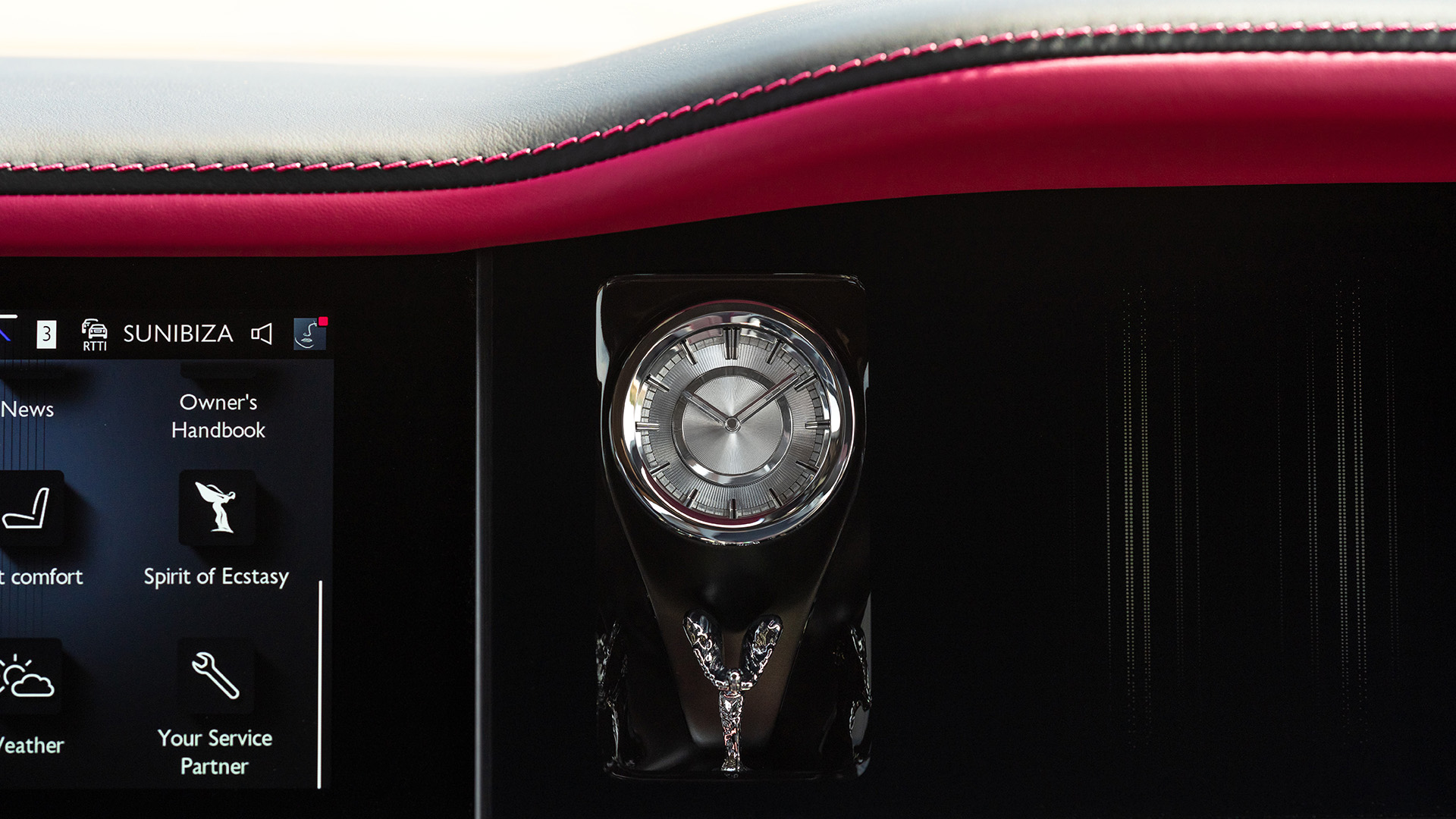
Cullinan Tech
Far from being the buttonless cockpit seen in many new cars, the Cullinan’s interior retains many highly polished aluminium dials to press or turn – whether that’s to navigate the infotainment system (known as SPIRIT), volume, climate control, heated seats, or the 8 ‘soft keys’ placed just below the centrally placed screen which can be programmed to a host of commands.
There’s a major upgrade in the form of the new SPIRIT infotainment operating system. This includes the fully digital gauge cluster in front of the driver, as well as the touchscreen Central Information Display in the centre. First seen on the all electric Spectre, this is the only other model to feature this new and improved hardware and housing various menus, radio, navigation, Spotify, and Apple CarPlay. It is also integrated with Rolls-Royce’s new private members app called Whispers which allows you to remotely lock the car, send destinations directly to the car for navigation and view fuel level.
In the back, both passengers have their own table and screen which fold out from the rear of the front seats. Thanks to the car’s Wi-Fi hotspot (which uses an inbuilt eSIM linked to your own phone) each screen is able to stream its own content from an Amazon Fire Sticks (or other equivalents). Also, bluetooth headphones can be paired independently to each screen.
The speakers in the car are great quality, delivering music with clarity and good bass even at louder volumes, thanks to the 18-speaker Bespoke Audio system which includes a 1,400-watt amplifier.
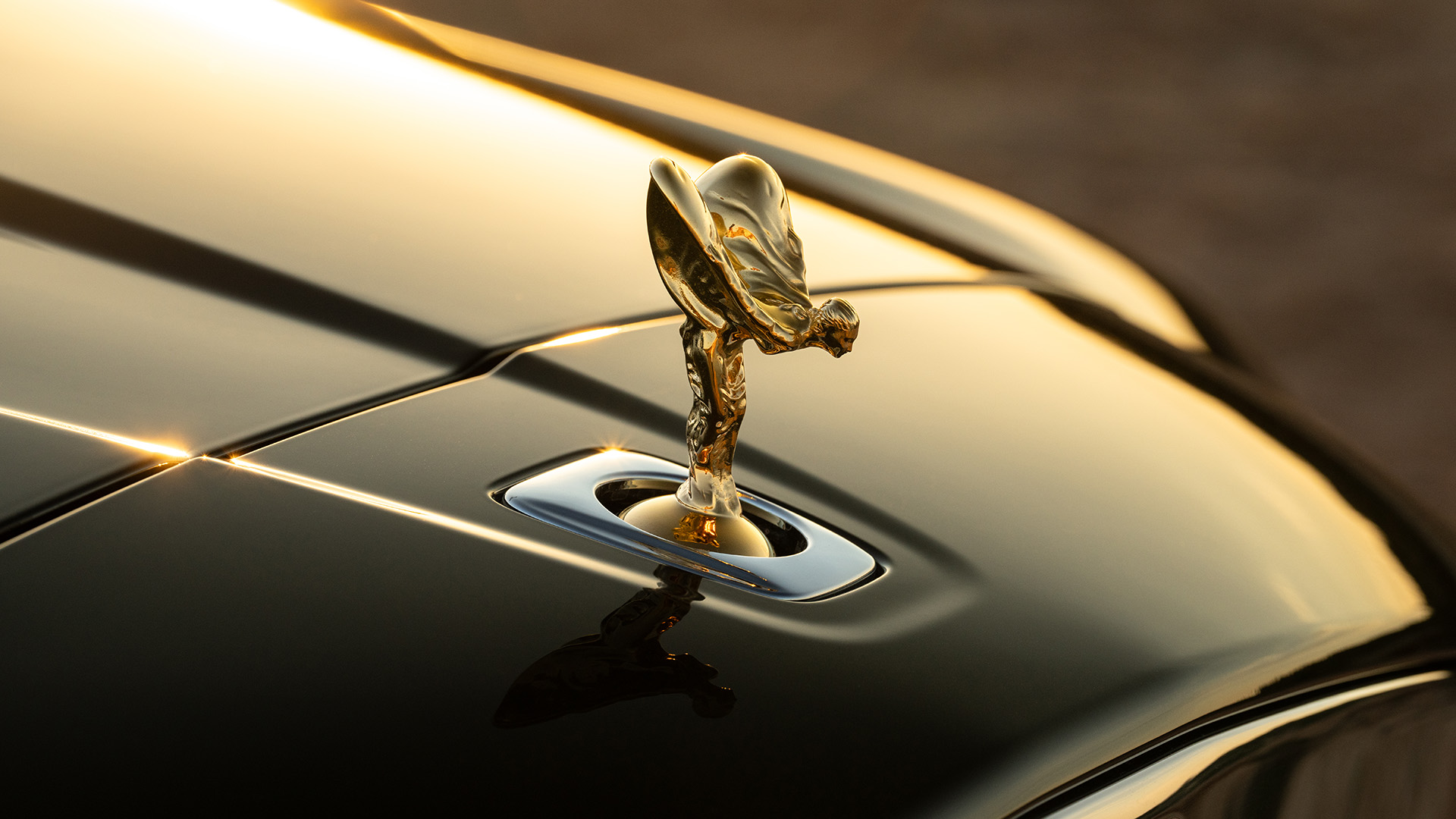
Performance
During my time test driving the Cullinan in Ibiza, there wasn't a chance to test its off-road capabilities, but then again, I can’t imagine the typical user doing much of this either. So cruising on dual carriageways and winding around country lanes were probably quite representative of how it would be driven in real life.
Needless to say, three tonnes of high sided car was always going to be a little unwieldy around hairpin bends, but where the car really excels is when you recalibrate your driving style to something more relaxed and cruisy, and let the silky eight-speed automatic gearbox do its thing.
Thanks to the active air suspension (now optimised for 23” wheels) and Rolls-Royce's ‘Magic Carpet Ride’, the driving experience is silky smooth and composed on all but the roughest of roads, with almost all external noise muffled from the interior cabin.
Alongside the Cullinan’s silkiness, it can absolutely shift if you want it to. Powered by a whopping V12, 6.75-litre engine that produces 563 bhp - this will propel you from 0-60 in just 5.1 seconds and top speed is electronically limited to 155mp. Thanks to the thirsty engine and a weight of some 2.7 tonnes, it's no surprise that its combined fuel economy is rather low at 16.8-17.7 mpg.
The higher specification Black Badge version, although fitted with the same drivetrain, delivers more power, more torque of 900 Newton-metres, and the gearbox is set up differently to be more dynamic.
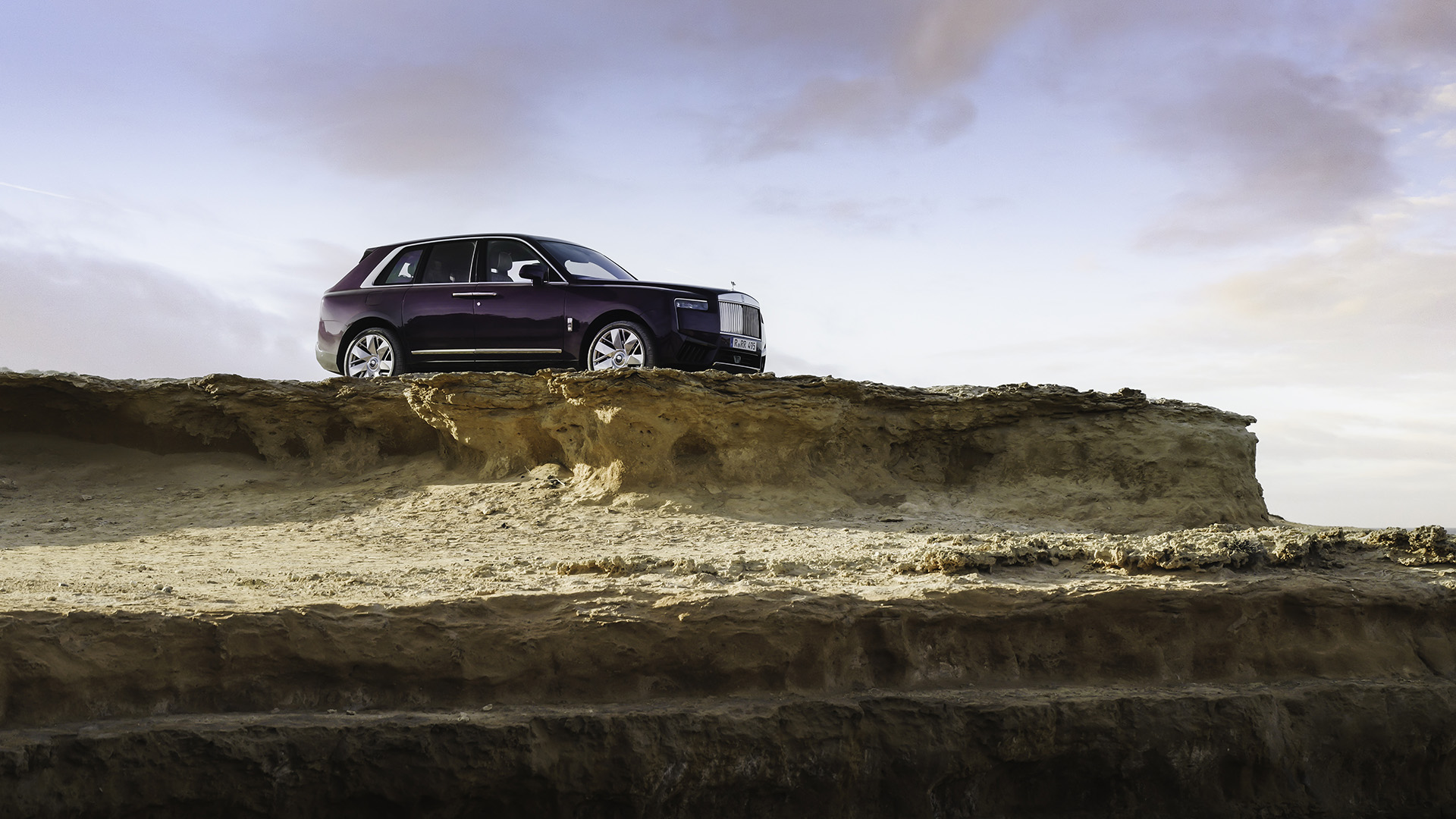
Should I Buy a Cullinan?
The average age of Rolls-Royce owners has come down markedly in recent years, now standing at just 43, and the Cullinan attracts an even younger subset of this. And unlike most Rolls-Royces, almost all (90%) of owners are driving the Cullinan themselves.
If you love customisation, Rolls-Royce’s offering is hard to beat. The skilled craftsmen at the Goodwood factory are able to accommodate almost any request, however niche.
A cocoon of personalised luxury, if you have around half a million pounds burning a hole in your pocket, and want to create a unique work of art on wheels, the Cullinan is a statement choice and one of the ultimate super-luxury cars for owner drivers.
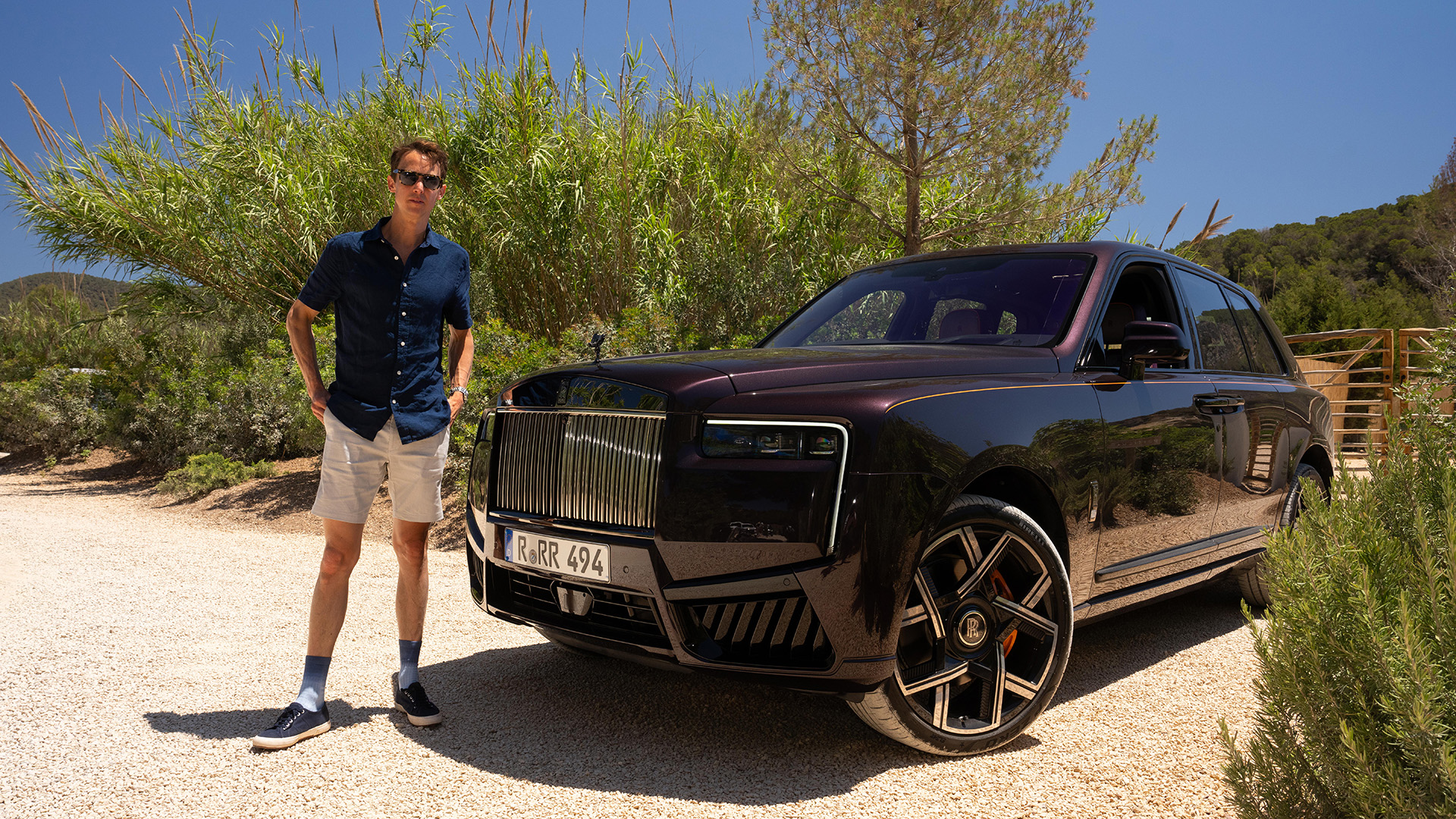

Since rowing 3,000 miles across the Atlantic Ocean ten years ago, Fergus has continued to seek out all things outdoors, adventure and endurance. Whether it's running ultramarathons across deserts or mountain ranges, surfing, free diving, or clocking up hundreds of kilometres most weeks on a bicycle, this is where he's happiest. A freelance writer and editor for the past six years, he puts outdoor gear rigorously through its paces.
-
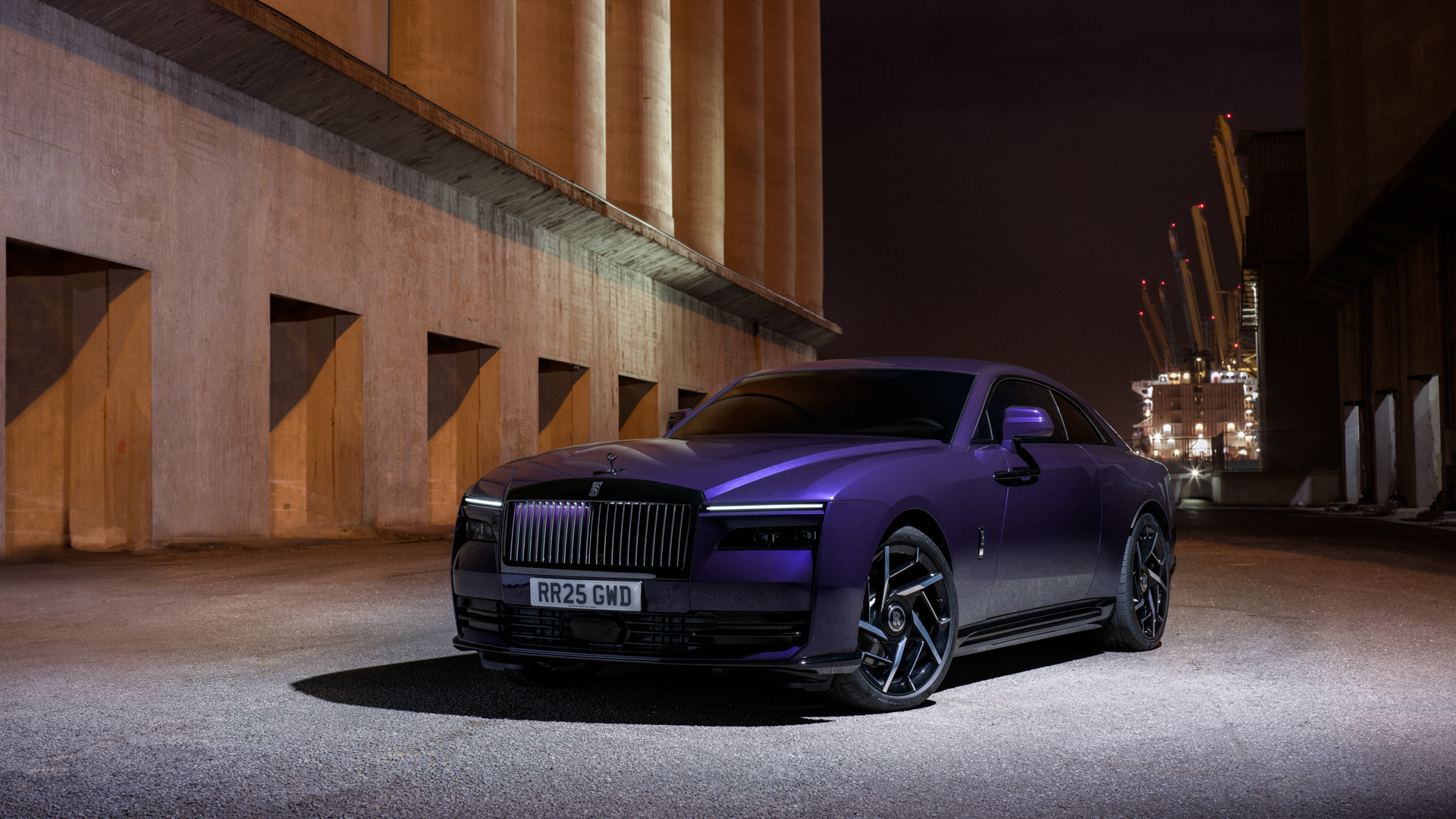 Rolls-Royce gives the electric Spectre a high-performance upgrade
Rolls-Royce gives the electric Spectre a high-performance upgradeThe new Black Badge Spectre is the most powerful Rolls-Royce ever
By Alistair Charlton
-
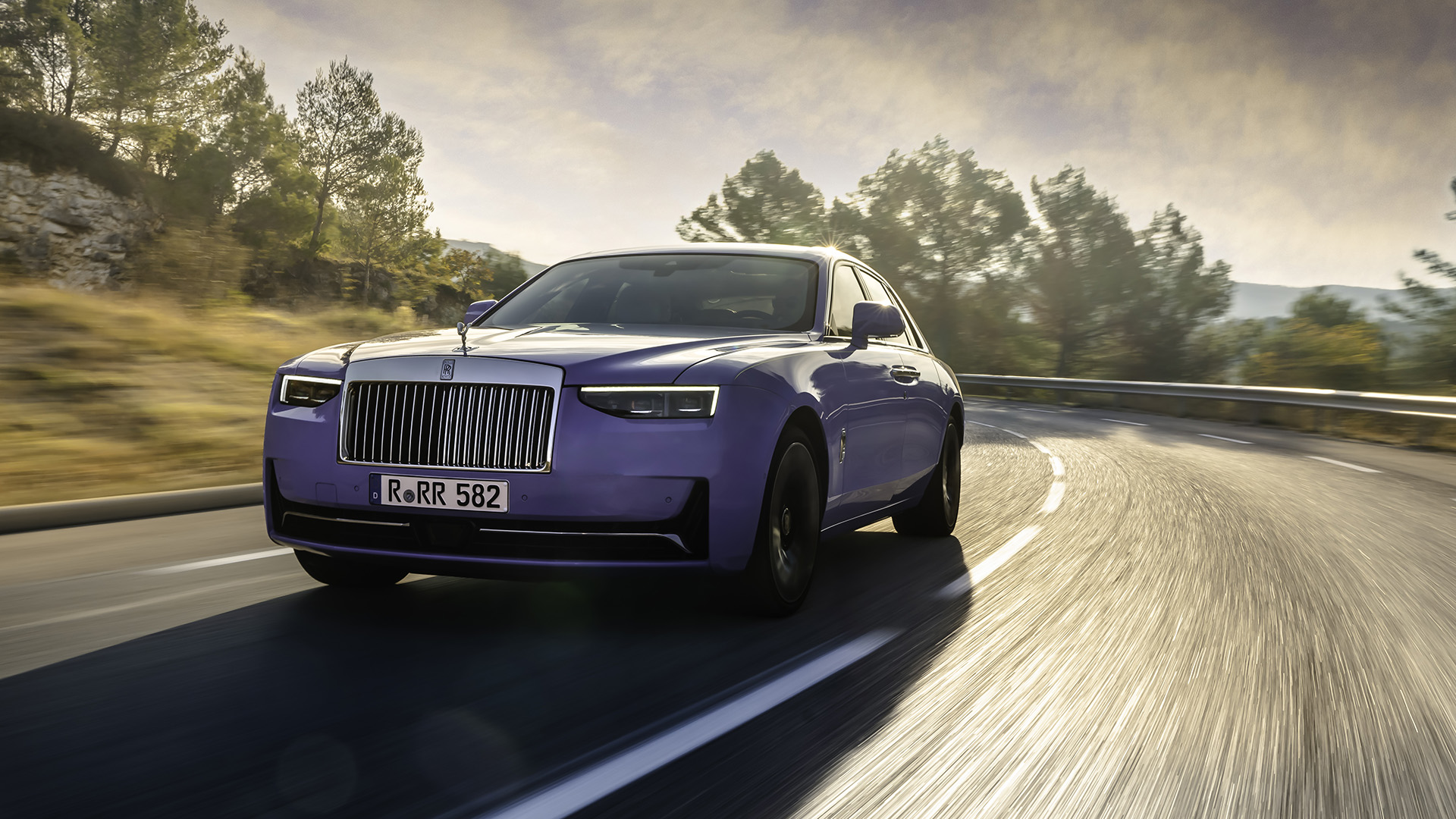 Rolls-Royce Ghost Series II – luxury tech on wheels
Rolls-Royce Ghost Series II – luxury tech on wheelsThe upgraded Rolls-Royce Ghost brings more tech and an updated look to this luxury saloon
By Mat Gallagher
-
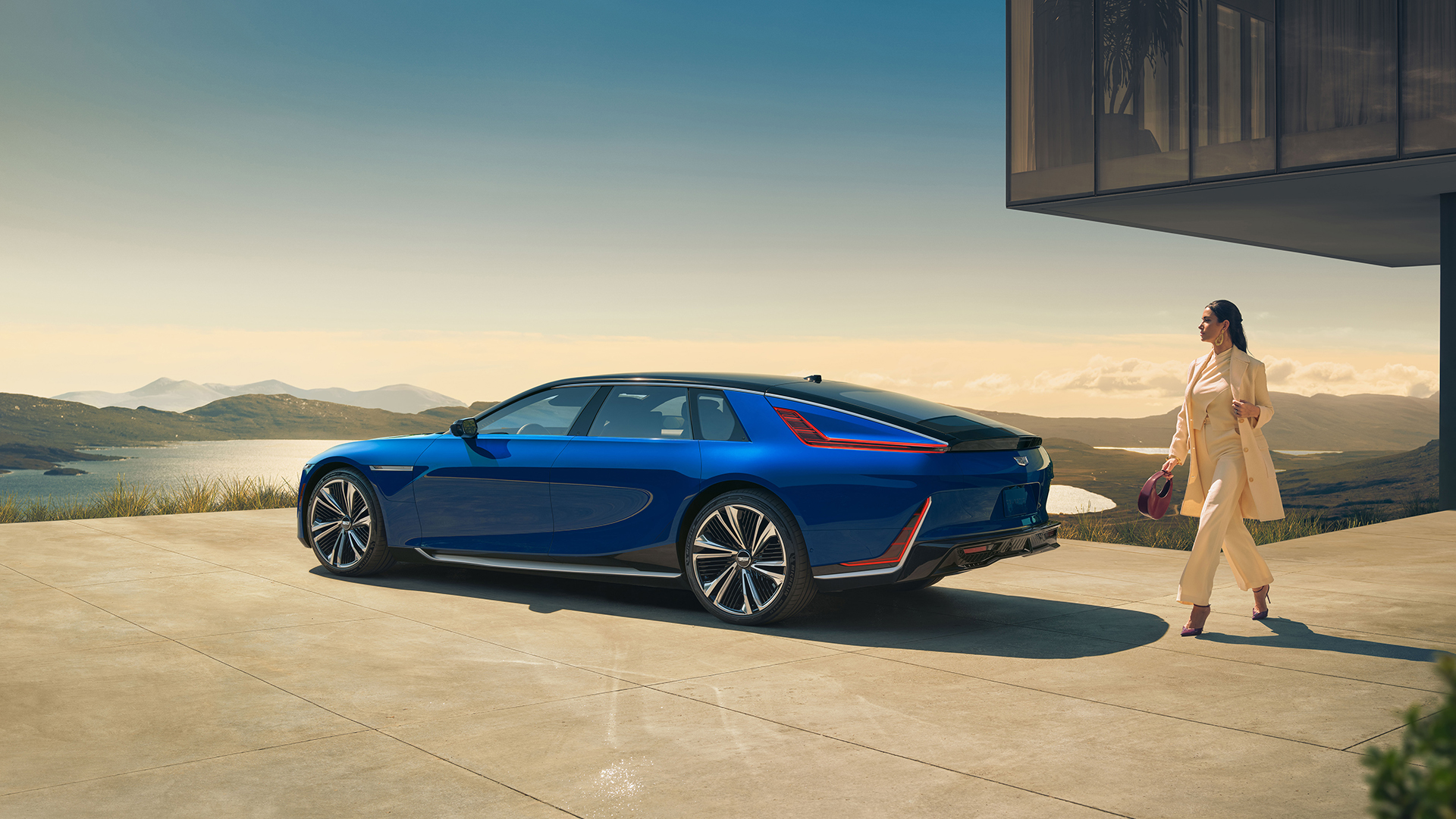 You can now buy this ridiculously opulent Cadillac Celestiq… but it costs as much as a Rolls-Royce
You can now buy this ridiculously opulent Cadillac Celestiq… but it costs as much as a Rolls-RoyceFully bespoke, hand-built EV requires a healthy bank balance and an acquired taste
By Leon Poultney
-
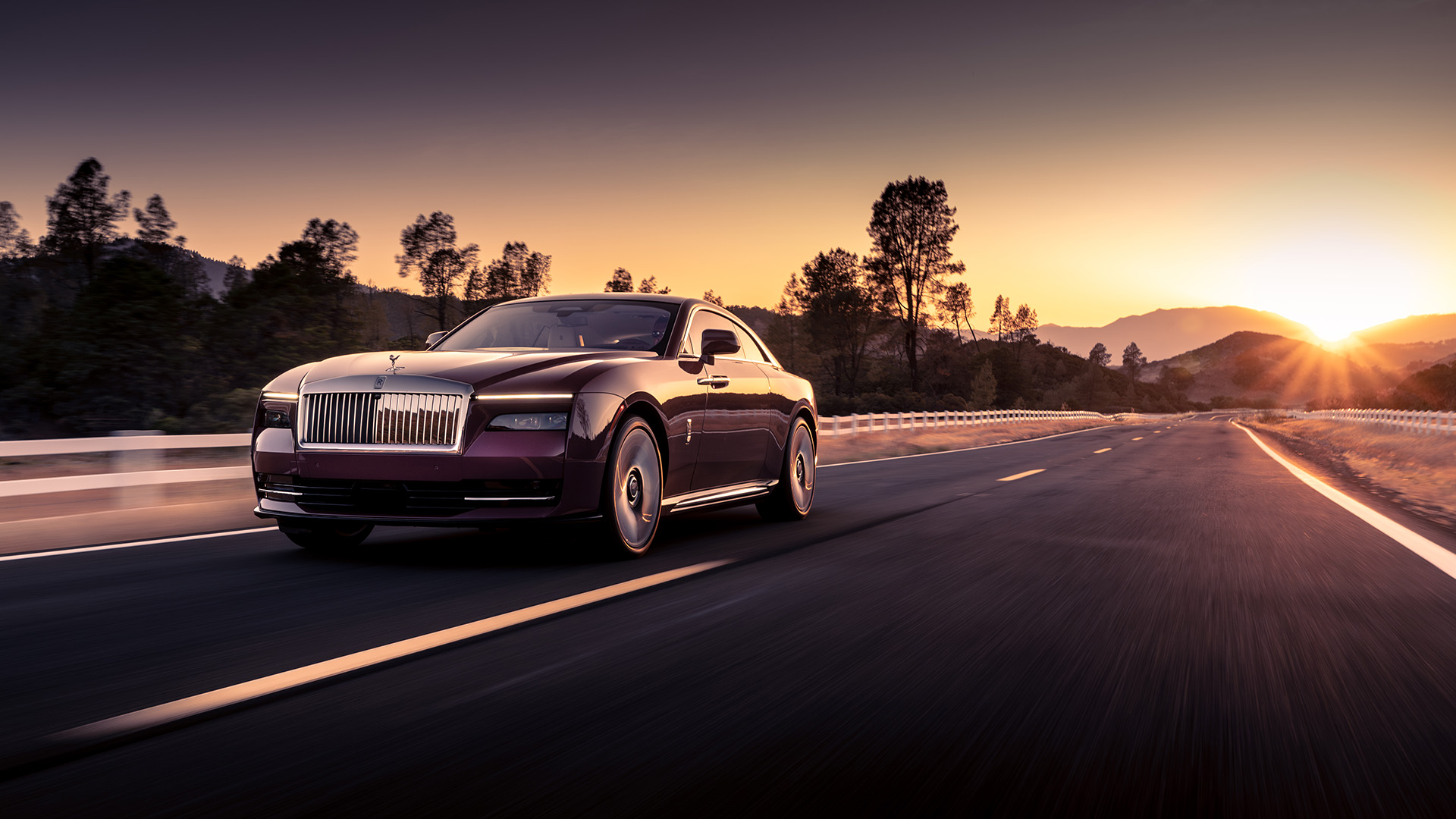 Rolls-Royce Spectre first drive: a new wave of EV
Rolls-Royce Spectre first drive: a new wave of EVThe first all-electric Rolls-Royce, the Spectre is a two-door coupe for a new generation of Rolls-Royce driver
By Mat Gallagher
-
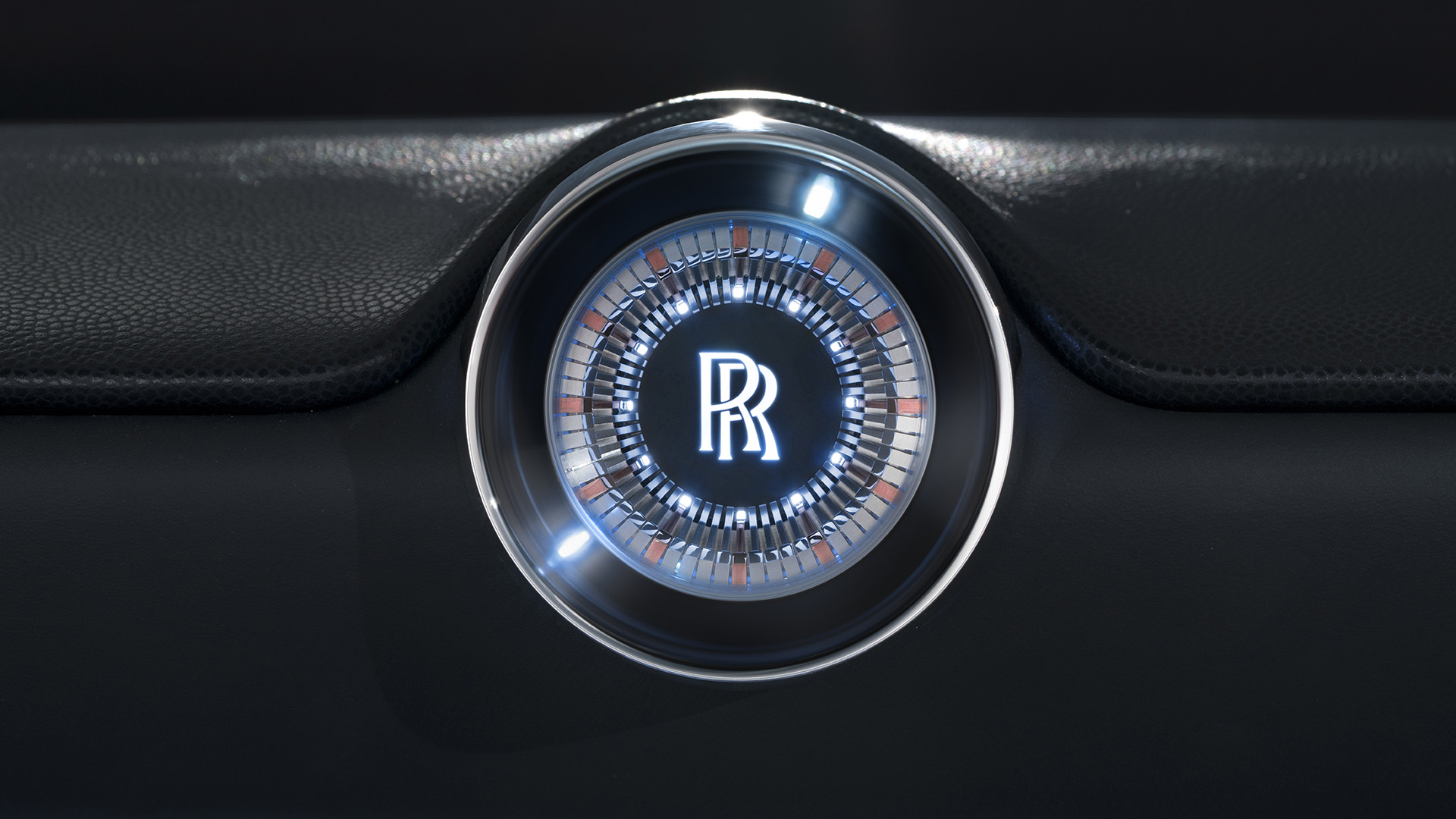 A fully electric Rolls-Royce is coming, and it’s been over 120 years in the making
A fully electric Rolls-Royce is coming, and it’s been over 120 years in the makingRolls-Royce is teasing its move to bring super-luxury to the EV market ahead of this week’s announcement
By Mat Gallagher
